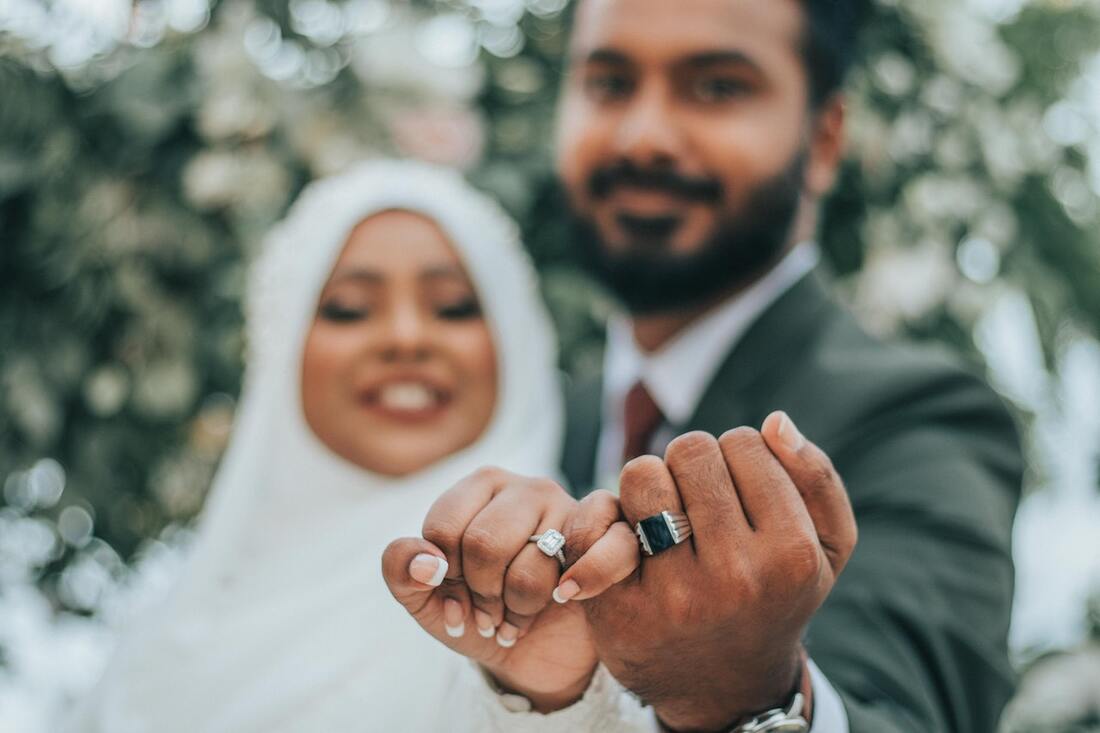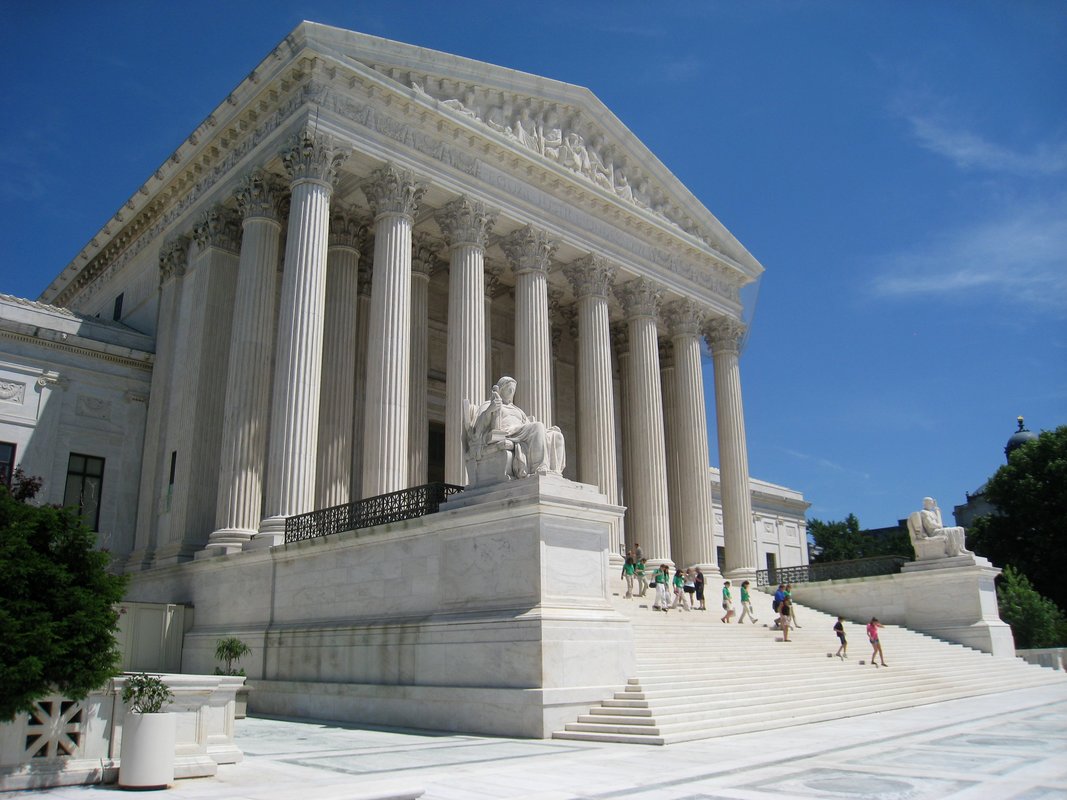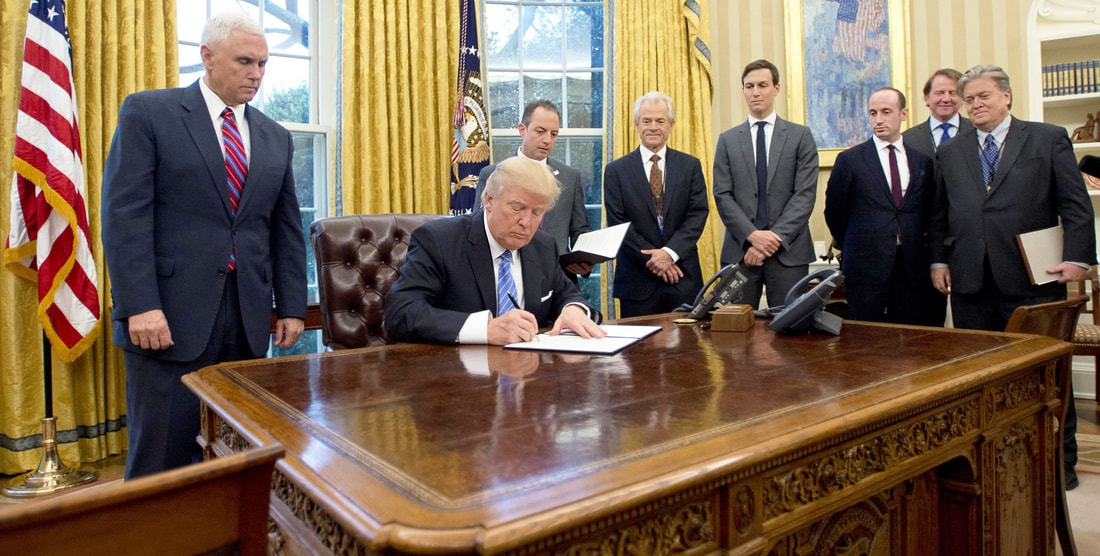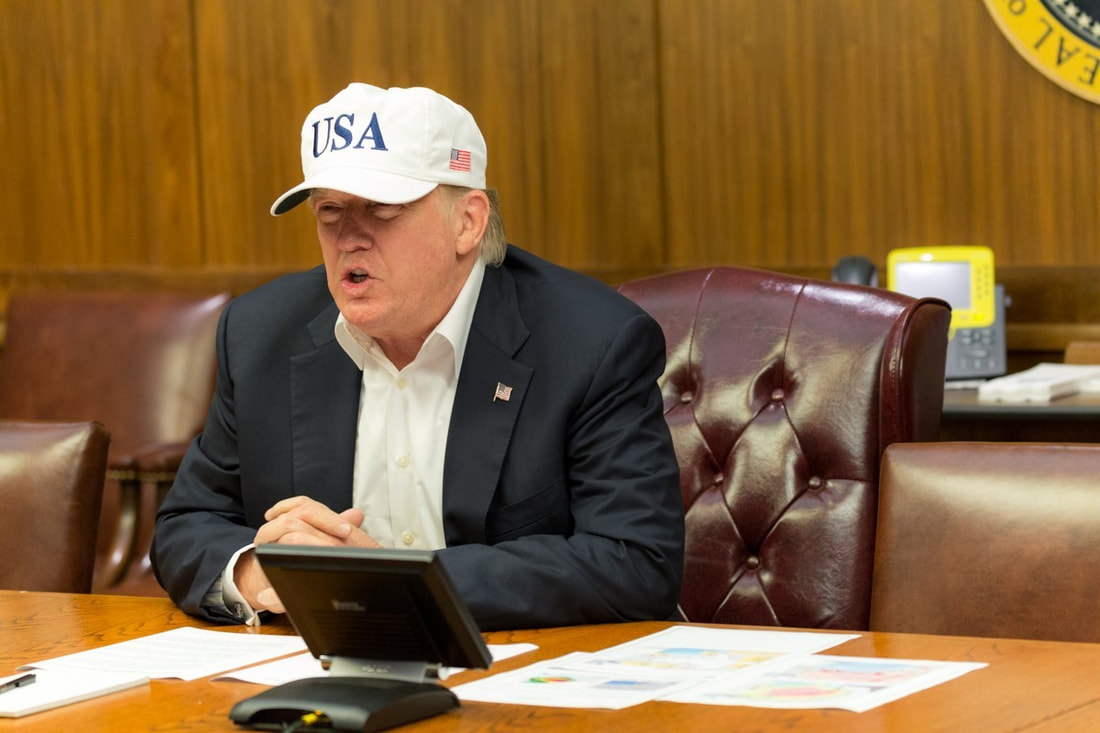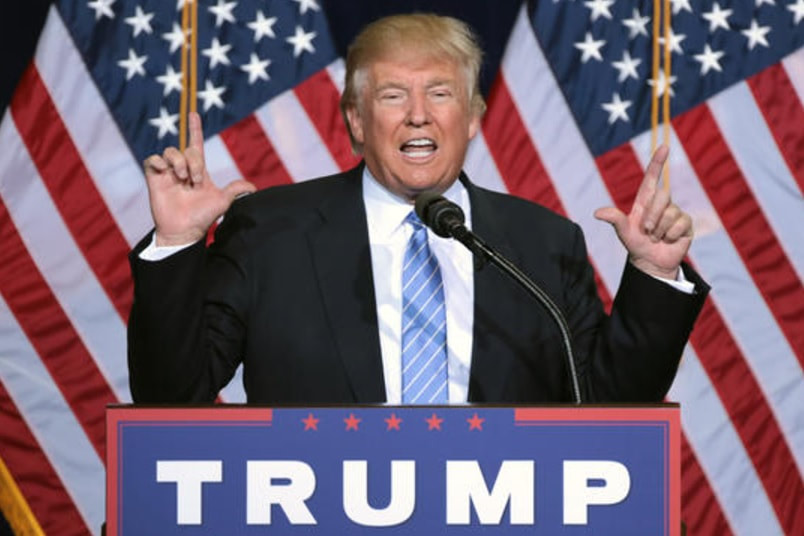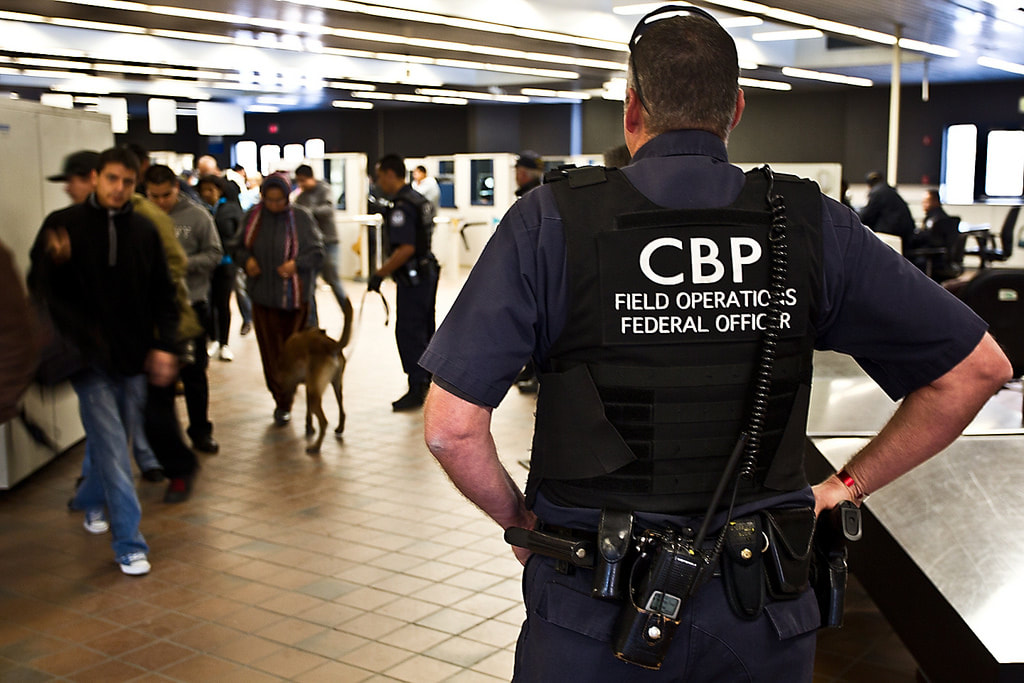|
If you are a Muslim living in the USA and looking to sponsor your spouse for a green card who is currently in the United States, you may be facing some unique challenges in the immigration process. As an immigration law firm with extensive experience working with clients from Muslim / Islamic countries and communities, we understand the specific needs and concerns of our Muslim clients. In this article, we will guide you through the process of sponsoring your Muslim spouse for a green card in the USA and provide tips and insights to help you navigate the process with confidence.
0 Comments
Are you a U.S. citizen or legal permanent resident (green card holder) who has a girlfriend, boyfriend, fiancé, husband or wife that is abroad? If you recently got engaged, planning on getting engaged, or getting married, congratulations! You have a lot of exciting things to plan. “What is the quickest way to get my fiancé to the United States?” is probably a top question on your list. As well as questions such as “Should we get married? Is the visa for marriage better compared to fiancé visa?”
Today, December 4, 2017, the Supreme Court has allowed the third version of President Trump's travel ban to come back. Citizens of the eight countries listed (Iran, Somalia, Syria, Yemen, Libya, Chad, North Korea, and Venezuela) are NOT allowed to travel to the United States, unless they qualify for an exception. Previously, in June 2017, the Supreme Court allowed the travel ban to come back, but in a limited way. The Court stated that an immigrant from one of the banned countries was required to have a personal or professional relationship in the United States, which was defined as a relationship with a qualifying family member in the United States or a professional relationship with a U.S. company or university. But now, such a qualifying relationship does NOT matter, as the Supreme Court has now ruled that the travel ban can be implemented to the FULLEST extent.
HAPPY NEWS: Travel Ban 3.0 BLOCKED by Hawaii once again. This decision will likely be appealed. We have to wait to see what the Supreme Court does ultimately once it sets oral arguments. But, for now, GREAT news!
On September 24, 2017, President Trump issued a new travel ban…again. The newest travel ban is a “presidential proclamation” instead of an “executive order.” In practical terms, the title does not make a difference – it is still a travel ban that stops immigration from several Muslim-majority countries, with a few additional countries added. It is important to note that there is one particularly concerning detail in the new ban.
After many legal challenges to President Trump's Muslim Ban signed on January 27, 2017, a revised Executive Order was signed on March 6th. This second travel ban has many similar restrictions as the first; however, some changes have been made as well.
The implementation of the Executive Order has varied greatly from airport to airport, as U.S. Customs and Border Protection (CBP) have or have not been complying with federal court emergency stays and temporary restraining order. Furthermore, the State Department and Department of Homeland Security have provided varying official statements and quotes to the media regarding the effect of the Executive Order.
|
PostsLatest posts and news from our top immigration lawyers Archives
June 2024
Categories
All
|
- Home
- 🗽TELL US ABOUT YOUR CASE
- About Us
- فارسی
- Book Online
- Reviews
-
Services
-
Visas
>
- Fiance (K-1)
- Extraordinary Ability (O)
- NAFTA Professionals (TN)
- Treaty Traders (E-1 Visa)
- Treaty Investors (E-2)
- Professional (H-1B)
- Visitors (B)
- Student (F-1)
- Intercompany Transfers (L-1)
- Religious Workers (R)
- International Organizations (G)
- Australian Professionals (E-3)
- Exchange Visitors (J)
- Cultural Exchange (Q)
- Diplomats (A)
- Trainees or Special Education Exchange Visitor (H-3)
- Journalists (I)
- Green Cards >
- Investors >
- Citizenship
- Employers >
- Mandamus Lawsuits for USCIS Delays ⚖️
-
Visas
>
- Blog
Trust in Us with Your Immigration Success! |
|
|
Immigration lawyer Najmeh Mahmoudjafari, Esq. (ImmigraTrust Law) represents immigration law clients nationwide (all 50 States), globally and also in and around Orange County, including: Costa Mesa | Corona del Mar | Cypress | Fountain Valley | Garden Grove | Huntington Beach | Irvine | Los Alamitos | Los Angeles | Mission Viejo | Newport Beach | Orange | San Diego | San Francisco | Santa Ana | Stanton | Tustin | Westminster
Disclaimer
The information provided on ImmigraTrust's website is for general informational purposes only and does not constitute legal advice. Every legal situation is unique; for specific advice tailored to your circumstances, please consult with a qualified attorney. Contacting ImmigraTrust Law through this website does not establish an attorney-client relationship. Please do not send any confidential information until such a relationship has been established in writing. |
©2024 by ImmigraTrust Law.

